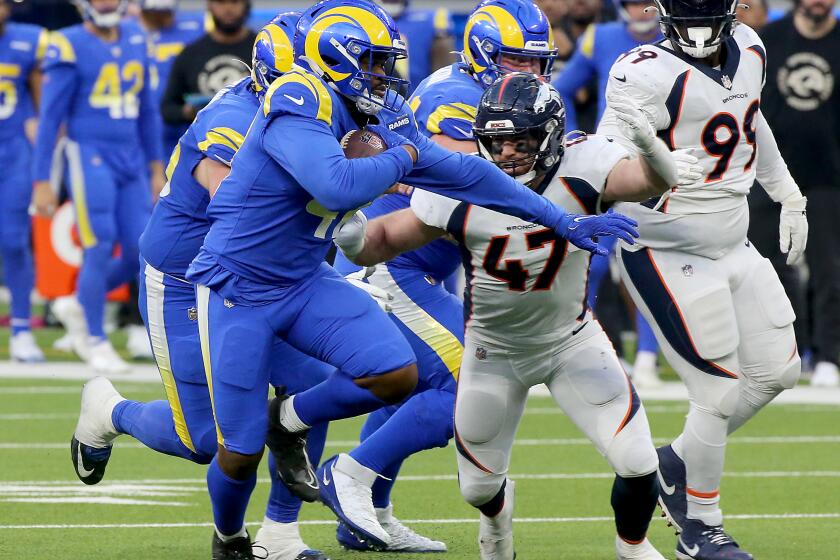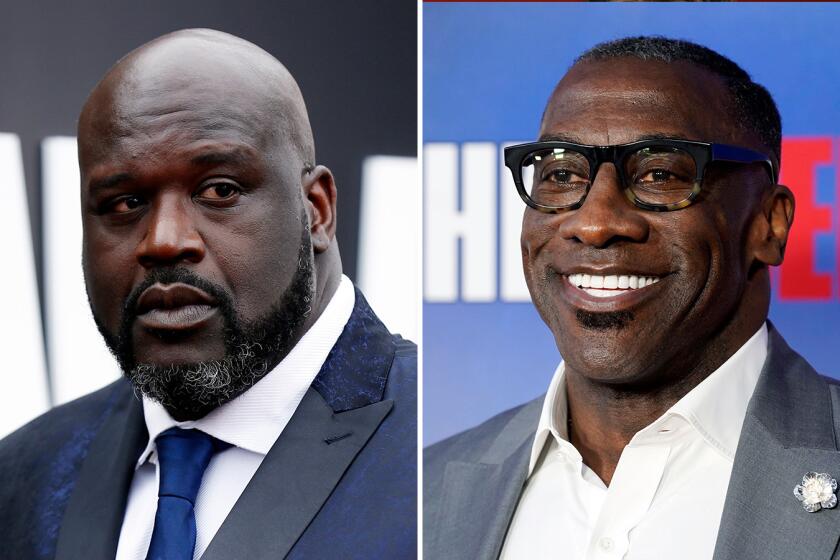Heirs file claims to Marvel heroes
Walt Disney Co. may not get full ownership of many of Marvel Entertainment’s most famous superheroes if new copyright claims by the family of the late artist Jack Kirby have merit.
Four children of Kirby, who co-created a number of Marvel’s best-known superheroes in the 1960s including the X-Men, Fantastic Four, Thor and the Hulk, have served 45 “notices of termination” to Marvel, Disney, Sony Pictures, 20th Century Fox, Paramount Pictures and Universal Pictures. The notices seek to regain copyright control of certain characters.
Disney this month agreed to buy Marvel for $4 billion. Sony owns the movie rights to Spider-Man, Fox to the Fantastic Four and X-Men; Paramount and Universal have distribution rights for certain Marvel-produced films.
The notices were sent Wednesday.
The children of Kirby, who died in 1994, are being represented by Los Angeles law firm Toberoff & Associates, which has represented the heirs of Superman co-creator Jerry Siegel in a similar claim against Warner Bros.
Kirby served as artist and co-plotter with writer Stan Lee on most of the characters in question.
Whereas Lee has been a public face of the company for decades, Kirby is less known. That’s in part because Kirby left to work for competitor DC Comics in 1970.
Under copyright law, creators can seek to regain copyrights they previously assigned to a company 56 years after first publication and can give notice of their intentions up to 10 years before that.
Kirby’s children would be eligible to claim their father’s portion of the copyright of the Fantastic Four in 2017; the Hulk would come up in 2018 and X-Men in 2019. The copyrights would then run for 39 more years.
A representative for Marvel declined to comment. A Disney spokesperson said, “The notices involved are an attempt to terminate rights seven to 10 years from now and involve claims that were fully considered in the acquisition.”
Should their claims stand, the Kirby children could choose to assign their portion of the rights to current copyright holders for a fee or sell them to a new licensee.
--
More to Read
The biggest entertainment stories
Get our big stories about Hollywood, film, television, music, arts, culture and more right in your inbox as soon as they publish.
You may occasionally receive promotional content from the Los Angeles Times.






